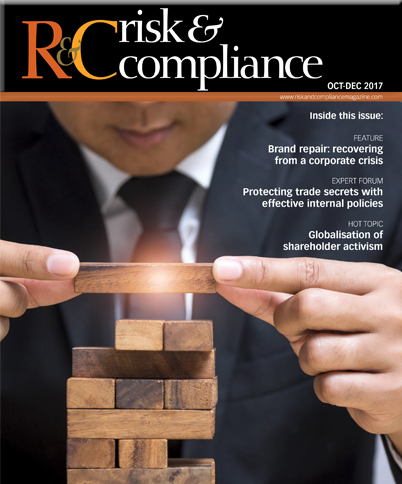HIGH RELIABILITY BANKING – A TUG OF WAR
In light of the financial crisis and the resulting, seemingly continuous, increase in regulations in the finance sector, it is tempting to develop ever more sophisticated ‘fail-safe’ systems to eliminate situated human cognition as a source of error. Nevertheless, this is as much a temptation as it is a folly. Situated human cognition is an answer to a complex and uncertain environment, such as finance. This raises the question of how to balance the paradoxical demands of regulating human behaviour as a source of error, and fostering human mindfulness as an answer to complexity and uncertainty.
The temptation of eliminating situated human cognition
The financial crisis in 2007 led to a massive increase in regulations, and quite rightly so. Significant resources have been spent on implementing stronger regulatory systems, with the heightened regulatory requirements imposed by the Dodd-Frank Wall Street Reform and Consumer Protection Act put into place following the financial crisis.
It also led the public and key regulators to lambast the reckless behaviour of traders and bankers alike, and to demand more and tighter rules, processes and procedures to eliminate human cognition as a source of error and to restrain rogue traders from behaving as they like. The imposition of strict rules and procedures drives automatic behaviour. It produces transparency in and consistency of actions by individuals, but undermines the very capability – mindfulness – to deal with novel risks that a regulatory system per se cannot be aware of, cannot make sense of, and thus cannot proactively act upon in a creative and agile manner.

